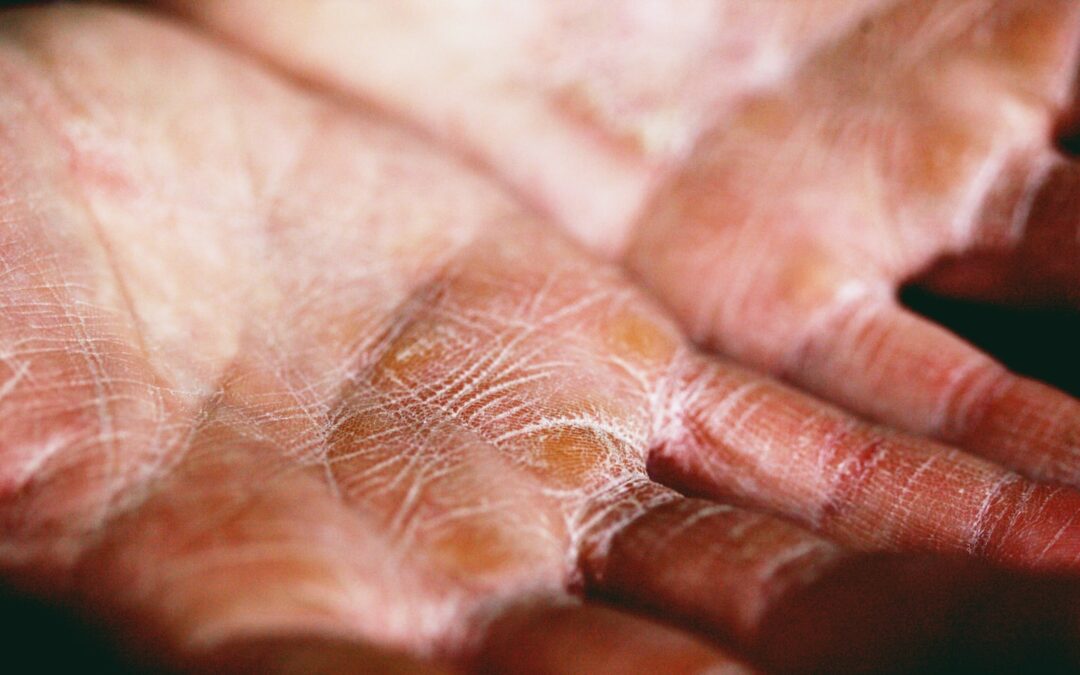It’s clear that dehydration can have a big impact on your spine and back health. Dehydration affects the fluid in your discs, leading to decreased flexibility and strength in your joints and muscles necessary for maintaining the body’s proper posture. This article will explore the effects of dehydration on the spine and back, as well as provide tips on how to become properly hydrated.
What is Dehydration?
Dehydration is a condition of the body when there isn’t enough water and fluids. When dehydrated, the body’s organs, cells, and tissues don’t function properly. Symptoms of dehydration can include feeling tired, light-headed, and having a dry mouth and throat, as well as dark-colored urine.
How Does Dehydration Affect the Spine and Back?
Lack of Fluid in Intervertebral Discs
When the body is dehydrated, the fluid in the intervertebral discs becomes depleted. This fluid is necessary for cushioning the vertebrae and providing adequate shock absorption during movement. When the discs lack the necessary fluids, they become more rigid, leading to decreased flexibility and strength in muscles and joints.
Haemersation
Hameresation is an accumulation of blood resulting from a decreased rate of circulation. The lack of fluids in the discs causes an increase in haemersation. This increased pressure affects the muscles in the back, leading to tension and pain.
Inflamed Nerve Roots
The lack of fluids in the discs can also lead to inflammation of the nerve roots. This nerve inflammation can cause significant pain, especially in the lower back.
Tips to Stay Hydrated
Avoiding Certain Foods
It’s important to be aware of the foods that can contribute to dehydration, such as processed and sugary foods. These foods can cause the body to lose fluids at a faster rate, so it’s best to try and avoid them as much as possible.
Avoiding Alcohol and Caffeine
Alcohol and caffeine can be highly dehydrating, so it’s best to avoid these substances as much as possible. If you choose to have alcohol, make sure to drink plenty of water as well.
Drinking Adequate Amounts of Water
It’s essential to replenish the lost fluids in the body by drinking adequate amounts of water each day. The amount of water varies from person to person, but the general rule of thumb is to drink between 6-10 glasses of water each day.
People Also Ask
What are the Signs of Dehydration?
The most common signs of dehydration are feeling tired, having a dry mouth and throat, light-headedness, and dark-colored urine.
How Long Does it Take to Rehydrate?
For most people, it takes around 1-2 hours to fully rehydrate. However, this varies from person to person.
Can Dehydration Cause Premature Aging?
Yes, dehydration can cause premature aging, as the lack of fluids can lead to reduced elasticity of the skin, making it drier, wrinklier, and less supple.
What are the Symptoms of Dehydration Headache?
The symptoms of a dehydration headache include feeling light-headed, having a dry mouth, and feeling tired, in addition to the headache itself.
Does Dehydration Cause Low Blood Pressure?
Yes, dehydration can cause low blood pressure as the lack of fluids can lead to an insufficient blood volume.
Final Words
It’s essential to pay attention to your hydration levels, especially if you are in a hot or humid environment. Dehydration can have serious effects on your spine and back health, leading to both short and long-term problems. By staying properly hydrated and avoiding certain foods, alcohol, and caffeine, you can maintain a healthy spine and back.

